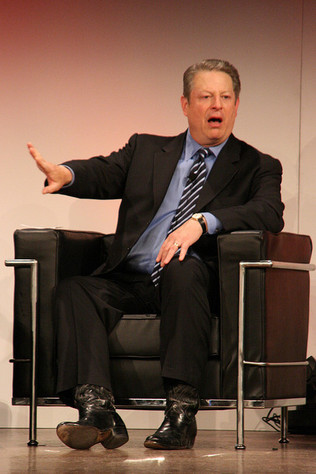
That’s because the nation hasn’t had a really close election without howls about this “relic that should be cast out of the political attic.” Those were the words of an Associated Press report in 1960, describing the reasons Democratic Sen. Mike Mansfield wanted to abolish the Electoral College in favor of a straight popular vote, and to set up a national presidential primary, to boot.
Mansfield was speaking in the wake of an election in which John F. Kennedy had squeaked by Richard Nixon. Allegations of vote fraud were still ringing through the trees, as was the realization that a change of heart by a mere 4,430 voters in Illinois and 23,117 in Texas would have elected Nixon (prematurely, as it turned out).
That was 40 years before the meltdown of 2000, in which the U.S. Supreme Court finally intervened to decide a dispute over a recount in Florida — pregnant
| | 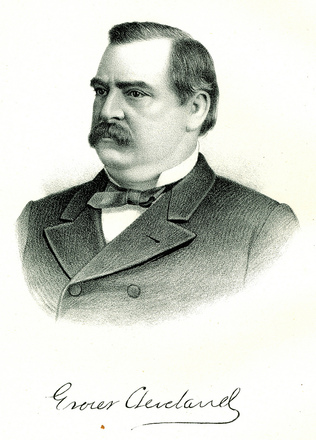 Grover Cleveland lost in 1888, despite getting more votes. chads and all — effectively giving the presidency to George W. Bush. Bush lost the popular vote, but he won enough state elections to give him the most electoral votes. It doesn’t take too many mental contortions to see how Tuesday’s election might produce a similar result, only this time with the Republican, Mitt Romney, getting the most popular votes and still losing the election. You could also easily see how the battleground states could line themselves up just right to leave each candidate with 269 electoral votes — a constitutional perfect storm that would hit Washington with a force almost to rival hurricane Sandy. The 12th Amendment anticipates such a thing. In a tie, the House elects the president, with each state getting one vote regardless of population. With Republicans expected to hold onto their majority there, that would elect Romney. The Senate, however, would elect the vice president, with each senator receiving one vote. If that body remains Democratic, the nation could start the year with President Romney and Vice President Joe Biden. Which would either end partisanship as we know it or make for some awkward White House events. Even if such an electoral storm hits, however, it won’t shake my resolve that the Electoral College must remain. Simply put, it keeps the emphasis on states and the issues that matter to them. In a far-flung and diverse nation, it keeps someone from getting elected by pandering to the interests of one populous region to the exclusion of others. The 1888 election illustrates my point. Grover Cleveland based his campaign on opposing high tariffs and Civil War pensions. This made him extremely popular in the South, where he swept up such large majorities he actually won the national popular vote. Benjamin Harrison won the electoral vote, however, because he appealed to more states. The Electoral College turns every presidential election into 50 separate elections for president. Politically diverse states, regardless of their size, attract the attention of candidates who are forced to look closely at issues of importance in those states. States dominated by one party, such as Utah, don’t get such attention. They wouldn’t under a purely popular vote system, either. If the goal is to elect the person who collects the most votes, popular elections don’t provide a perfect result, either. Bill Clinton never got 50 percent of the vote. Third- and fourth-party candidates easily could ensure that the winner represents a minority of the country. If you require the winner to have at least 50 percent, plus one, the country would mire itself in runoff elections. In 2000, Ralph Nader would have been beating down Al Gore’s door, asking for a deal in exchange for his endorsement. Ross Perot would have done the same to George H.W. Bush and Bob Dole in the ‘90s. Want to be like Europe? In a parliamentary system, people vote for political parties, who choose the prime minister. The Electoral College is peculiar, but it is no less fair than any other system, and it is better than most. That will remain true no matter what happens Tuesday night. |


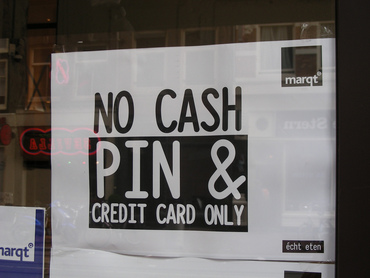
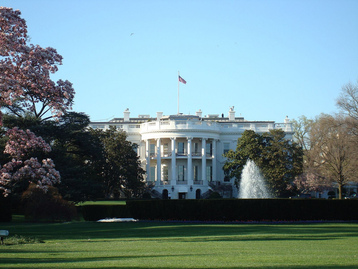
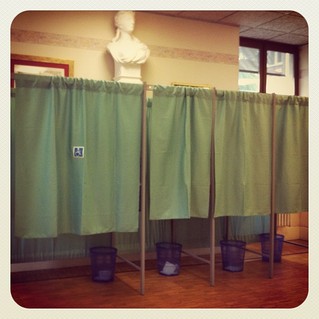
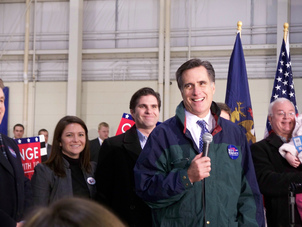
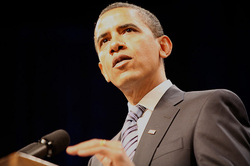


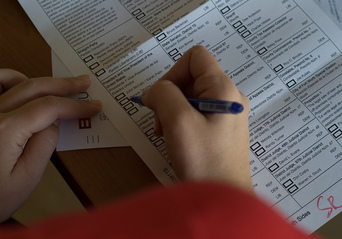
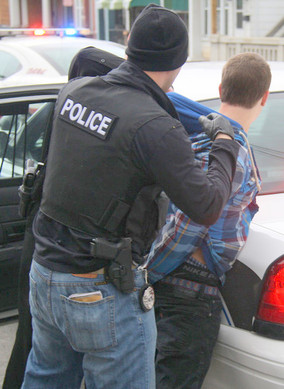
 RSS Feed
RSS Feed

